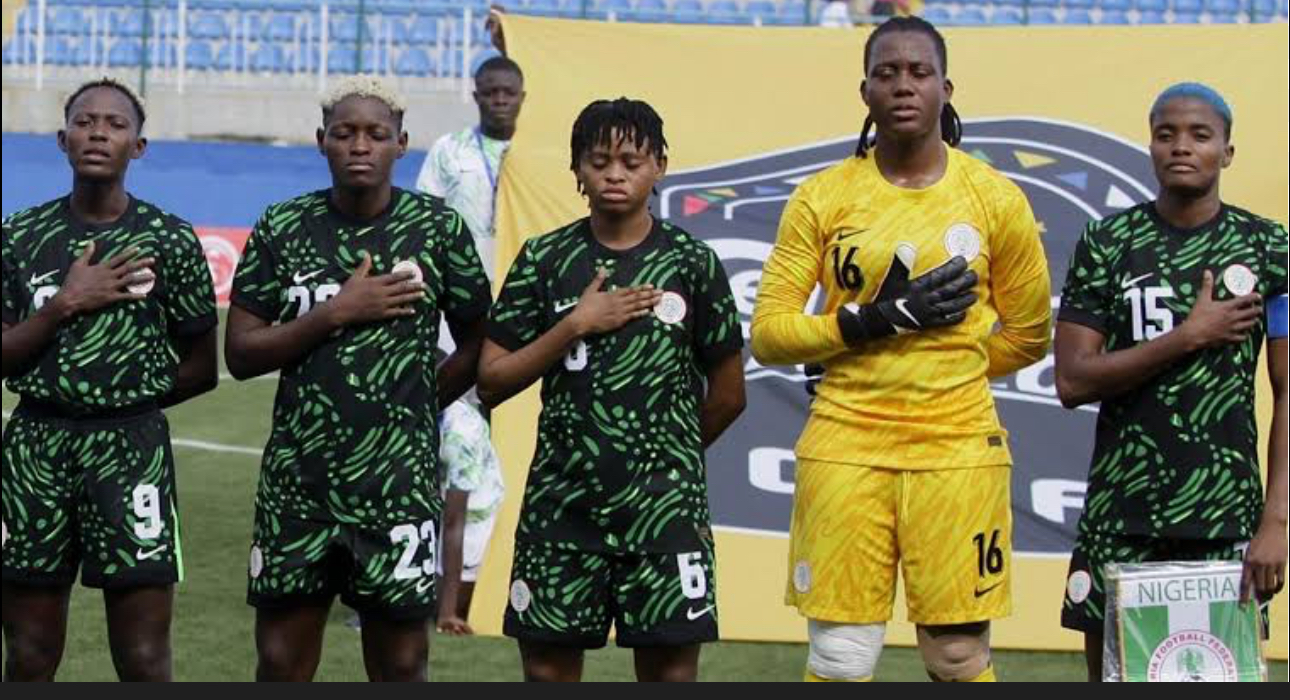Nigeria’s Dominance and South Africa’s Breakthrough: A Look at WAFCON Champions Since 1998

Since its inception in 1998, the Women’s Africa Cup of Nations (WAFCON) has showcased the evolving landscape of women’s football across the continent. Among all the competing nations, Nigeria’s Super Falcons have emerged as the most dominant force, setting an enduring record in African women’s football.
Nigeria won the inaugural edition of WAFCON in 1998 and went on to establish a historic streak, claiming consecutive titles in 2000, 2002, 2004, and 2006. Though Equatorial Guinea broke that streak by clinching the title in 2008, Nigeria quickly reclaimed its supremacy by lifting the trophy again in 2010. Equatorial Guinea, however, proved it was not a one-time winner, as they captured a second title in 2012, becoming the only team aside from Nigeria to have won multiple WAFCON titles.
The Super Falcons bounced back to win in 2014, 2016, and 2018, bringing their total tally to 11 championships—more than any other team in the tournament’s history. Their success has been built on strong domestic programs, experienced players, and consistent performances on the continental stage.
However, in 2022, a new chapter was written in the WAFCON story when South Africa captured their first-ever title. The Banyana Banyana defeated Morocco in the final and brought an end to Nigeria’s two-decade-long dominance, becoming only the third country to win the tournament. South Africa had previously reached the final five times without winning, making their 2022 victory especially significant.
From Nigeria’s unmatched run to Equatorial Guinea’s surprise double triumph, and South Africa’s historic breakthrough, the Women’s Africa Cup of Nations has reflected both dominance and change. As anticipation builds for the next edition of the tournament, the rise of more contenders continues to redefine the power balance in African women’s football.









